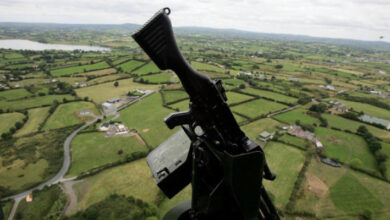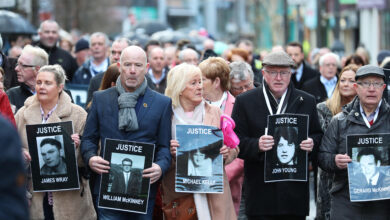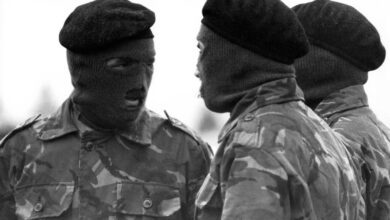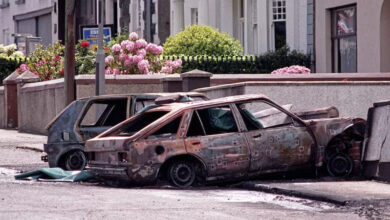Film sul 1916 potrebbe stimolare i dissidenti
1916 movie ‘could fuel dissidents’
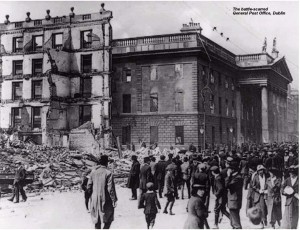 IT’S the 1916 Easter Rising, but not as we know it.
IT’S the 1916 Easter Rising, but not as we know it.
With Guy Pearce as James Connolly and Ian Hart as Thomas Clarke, Hollywood is set to bring Padraig Pearse and his fellow revolutionaries to the big screen.
But not everyone is happy at the prospect, with one leading historian, Queens University Professor of Politics Paul Bew, warning that the Hollywood treatment of 1916 could be exploited by dissident republicans opposed to the peace process.
Expressing his fear that the movie would be too simplistic in its depiction of events, Prof Bew said: “I hope this film doesn’t resort to the same old simplistic cliches of ‘we, the Brits and our imperialist guilt and what we did to the Irish’. The circumstances surrounding Easter 1916 were much more complicated than that.”
But Nicola Charles, the producer of the $25m Easter Sixteen, has defended the script written by Brendan Foley, denying that it romanticises violence.
“It’s a film that has to be made and Foley has spent 14 years working on the script. The film is really the prequel to Michael Collins. Our final scene is their opening scene.
“It’s a human interest story and in no way does it glorify violence. It’s not about violence and revolution, it’s about hope and heroism,” she said.
Commenting on the movie’s depiction of the men behind the 1916 Rising, she said they weren’t rebels, but “ordinary people who didn’t want to fight for the King or the Kaiser”.
She conceded that “European factual purists” would rip the film apart completely, but defended it on the basis that it was merely a dramatisation of historical events.
Prof Bew rejected Ms Charles’ interpretation of the Rising, describing her statement that Pearse and his men did not want to fight for King or Kaiser as inaccurate.
Recalling Pearse’s reading of the Proclamation of Independence on the steps of the GPO in which he referred to Ireland’s “gallant allies”, Prof Bew said: “Who does she think these ‘gallant allies’ whom the Proclamation referred to were? Are they not the Germans? They can’t be anyone else. It was a rising in alliance with the Germans. That was part of the rebels’ thinking at the time.”
Bew raised his fear that modern-day dissidents might take their lead from the characters in the movie, saying: “They — the dissidents — can surely say, ‘Well, we may be so-called micro groups but we have an historic legitimacy as saviours of the nation’. One would hope that such an irony of our history would not be missed, but I wonder.”

